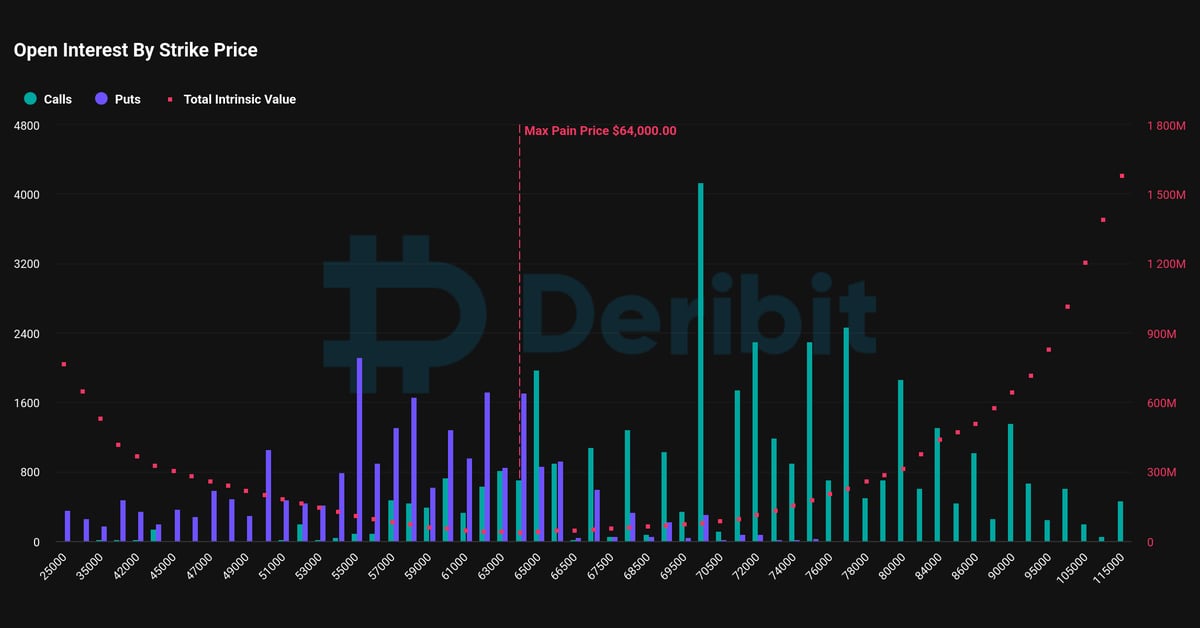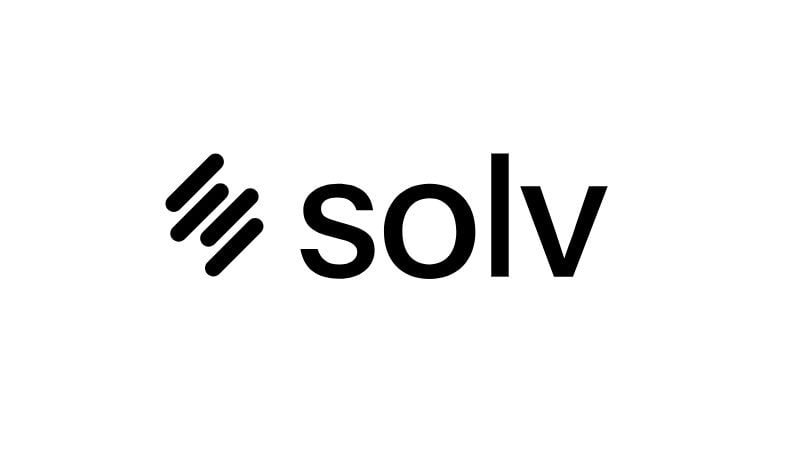- SolvBTC.JUP offers Bitcoin holders an 8% annual yield through Solana’s DeFi ecosystem, using delta-neutral strategies.
- Solv Protocol simplifies Bitcoin staking with the Staking Abstraction Layer, unlocking new DeFi opportunities for Bitcoin holders.
With the launch of SolvBTC.JUP, Solv Protocol has significantly advanced the decentralized finance (DeFi) sector. JUP, a novel Liquid Staking Token (LST), directly includes Bitcoin into Solana’s active DeFi network.
SolvBTC.JUP lets Bitcoin holders create an 8% yearly return while keeping exposure to their BTC holdings, unlike traditional yield-bearing methods. Solv’s involvement in Solana’s Jupiter Exchange Liquidity Provider Pool, one of the main distributed exchanges on the Solana network well-known for its low costs and fast transaction rates, presents this potential.
Solv Protocol Enhances Bitcoin’s Programmability for Stable DeFi Yields
SolvBTC.JUP is built on Solv’s Staking Abstraction Layer (SAL), a platform designed to enhance Bitcoin’s programmability for decentralized finance applications.
The yield is derived primarily from liquidity provision fees, making it a more stable and risk-adjusted method compared to speculative yield-bearing strategies often found in the DeFi space.
Solv Protocol guarantees that traders positions are hedged by using delta-neutral techniques, therefore greatly lowering the market volatility risks. And in the end, members of Solana’s DeFi ecosystem can profit from consistent, BTC-denominated returns while owning Bitcoin.
With its Total Value Locked (TVL) above $13 million, the product has already acquired popularity and shows increasing demand from Bitcoin owners looking to investigate fresh return prospects outside conventionally controlled systems.
This represents SolvBTC.JUP as the fourth LST product released by Solv, therefore attesting to its dedication to significantly integrating Bitcoin with other blockchain ecosystems.
Solv previously effectively applied a similar methodology on GMX, obtaining a steady 9.5% return for Arbitrum members, hence proving the potency of its method.
Furthermore, Avalanche, among other blockchains, has seen success with Solv Protocol’s ambition of bringing Bitcoin into different DeFi ecosystems.
Expanding liquidity options for Bitcoin holders is still the key emphasis since it guarantees their seamless movement across platforms free from the liquidity fragmentation that sometimes afflicters wrapped Bitcoin assets cause.
Beside that, CNF previously reported that Solv Protocol raised $11 million to advance its Staking Abstraction Layer, thereby streamlining Bitcoin staking and improving yield generation.
Solv enables a wider limitation of options by addressing Bitcoin’s natural limits in programmability, from staking to liquidity provision, therefore influencing the future of decentralized finance for Bitcoin owners.
Recommended for you:
















